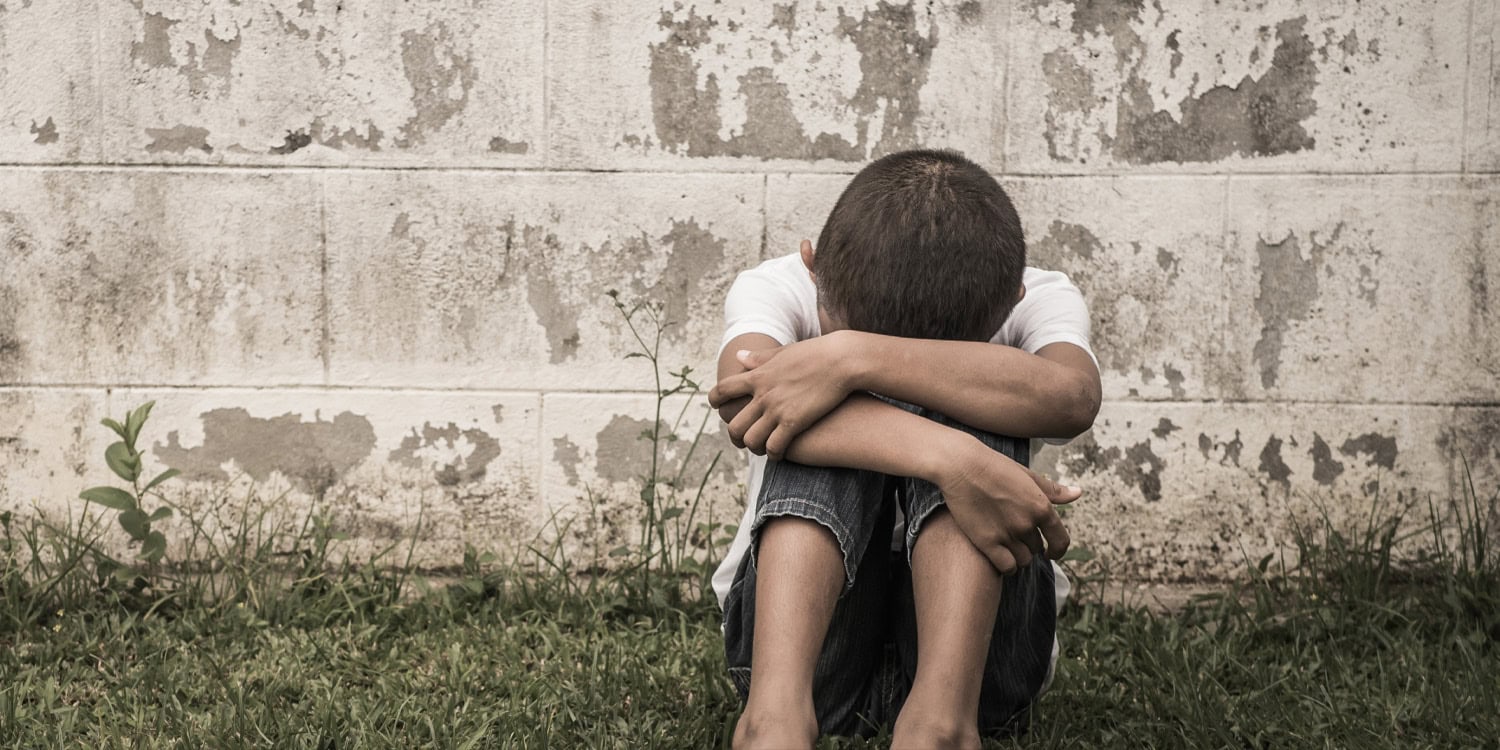A recent study published in the journal Research on Child and Adolescent Psychopathology has found that adolescents with a history of early psychosocial deprivation exhibit lower levels of irritability when placed in high-quality, family-based foster care. The study also found that adolescents who spent more time in institutional care or were not placed with a family by the age of 16 showed higher levels of irritability. These findings underline the importance of stable, family-based placements in mitigating the effects of early adverse experiences on irritability, a condition that can lead to various negative outcomes during adolescence.
Irritability is a common issue among adolescents and is characterized by frequent and intense anger and frustration. It is associated with a range of negative outcomes, including difficulties in relationships, academic challenges, and an increased risk of mental health problems. Understanding the factors that influence irritability is crucial, particularly because it is linked to both external behaviors, like aggression, and internal struggles, such as anxiety and depression.
Researchers have long known that early adverse experiences, such as neglect or lack of stable caregiving, can increase the risk of developing irritability. However, there has been less clarity on whether positive caregiving experiences, such as those provided in high-quality foster care, can reduce irritability, particularly following severe early deprivation. This study aimed to address this gap by examining the long-term effects of foster care on irritability in adolescents who had been exposed to early psychosocial deprivation.
“Irritability is linked to a wide range of adverse outcomes in children and adolescents, including relationship difficulties and suicidal risk. Given the significant public health implications of irritability, it is important to investigate potential risk factors that may contribute to its development,” explained study author Kathryn L. Humphreys, an associate professor of psychology and human development at Vanderbilt University.
The study was part of the Bucharest Early Intervention Project, a landmark randomized controlled trial that began in the early 2000s. The trial was designed to evaluate the impact of foster care as an alternative to institutional care for young children living in orphanages in Bucharest, Romania.
Participants included 136 children who were initially living in institutions. These children, all under the age of 31 months at the start of the study, were randomly assigned to one of two groups: a high-quality foster care group or a care-as-usual group, where they continued to live in institutional settings. An additional group of 72 children who had never experienced institutional care was recruited from the community to serve as a comparison.
At the age of 16, the adolescents were assessed for irritability using the Affective Reactivity Index, a widely used measure that captures the frequency and intensity of irritability over the past six months. Both the adolescents and their caregivers completed this measure. The researchers also gathered information about the participants’ caregiving histories, including how long they had spent in institutional care, their age at placement into foster care, and whether they were currently living with a family.
The study found that adolescents who had been in institutional care exhibited significantly higher levels of irritability compared to those who had never been institutionalized. However, among those with a history of institutionalization, those who were placed in high-quality foster care had lower levels of irritability than those who remained in institutional care.
Specifically, the study found that the duration of time spent in institutional care was directly related to higher levels of irritability. Adolescents who had spent more time in institutional care were more irritable, but this relationship was not linear. The researchers observed that after a certain point, additional time spent in institutional care did not further increase irritability, suggesting a saturation effect.
The researchers also discovered that adolescents who were still living in a family setting at age 16, whether with their biological family, an adoptive family, or a foster family, showed lower irritability compared to those who were not in a family setting. Additionally, while the age at which children were placed into foster care did not significantly impact irritability, those who experienced more stable foster care placements tended to be less irritable.
“Our findings suggest that irritability can be shaped by one’s family environment,” Humphreys told PsyPost. “Using a randomized controlled trial design, we were able to determine that children who experienced high-quality family-based care had lower levels of irritability compared to those who spent a greater amount of time living in orphanages/institutional care.”
“This highlights that enhancing the caregiving environment, rather than just alleviating symptoms, may be particularly impactful in reducing irritability and its associated negative outcomes. Further, at a societal level it supports policies that promote stable family placements for children without regular caregivers.”
While the findings are compelling, the study has a few limitations that should be considered. First, the sample size, though substantial for a study of this nature, was still relatively small, limiting the ability to explore more detailed questions, such as whether the effects of foster care differ between boys and girls.
“One additional point worth noting is that, while the randomized controlled trial design of the Bucharest Early Intervention Project allows us to make causal inferences about the impact of the foster care intervention, the observational analyses exploring factors such as stability of placements and time spent in institutional care are correlational in nature,” Humphreys explained. “As such, we cannot rule out the possibility of reverse causality, where individual predispositions in child irritability may shape the caregiving environment over time. Disentangling these complex, transactional processes will be an important focus of future research.”
In terms of future research, the authors suggest that it would be valuable to investigate the underlying mechanisms by which early caregiving environments influence irritability.
“Our long-term goals are to further elucidate the mechanisms by which early caregiving environments shape the development of irritability and related psychopathology,” Humphreys explained. “This may involve examining the neurobiological underpinnings of irritability, as well as investigating how specific aspects of the caregiving environment (e.g., responsiveness, emotion socialization) contribute to its trajectories. Ultimately, we hope that this line of research will inform the development of family-based interventions to prevent and treat irritability and its associated negative outcomes.”
The study, “Foster Care Leads to Lower Irritability Among Adolescents with a History of Early Psychosocial Deprivation,” was authored by Yanbin Niu, George A. Buzzell, Ana Cosmoiu, Nathan A. Fox, Charles A. Nelson, Charles H. Zeanah, and Kathryn L. Humphreys.




